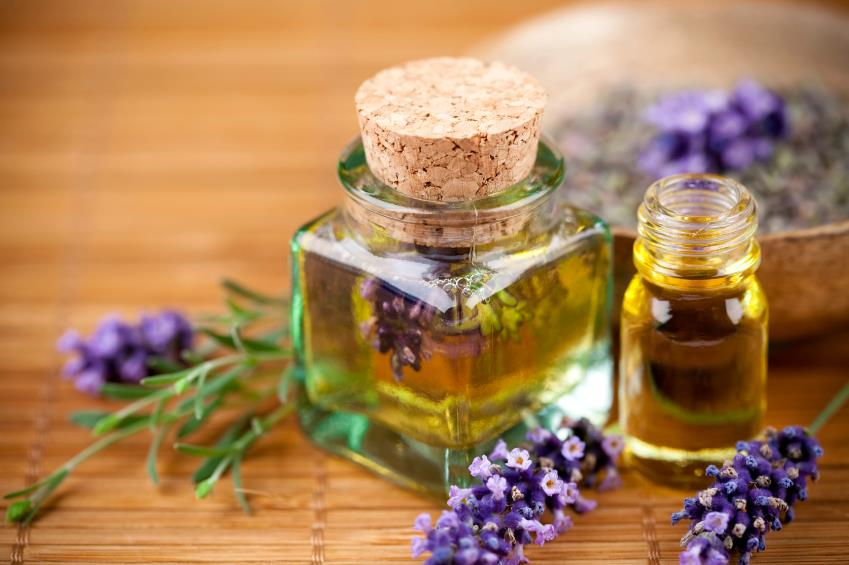The ancient art of making perfumes stems from the equally time-tested practice of aromatherapy. That’s why the top-selling perfumes and colognes today still contain authentic essential oils. Let’s discuss seven aromatic essential oils to see what magic they perform in your perfume.

The first is vetiver which is distilled from the roots of the plant by the same name. It’s a common ingredient in both perfumes for women and colognes for men like Dior’s Eau Sauvage. The scent of vetiver instills confidence and calms anxiety. It’s also useful for combating exhaustion.
Second, there’s bergamot, with a floral orange-like aroma. Bergamot has appeared in perfumes since at least the early 1700s. It imparts peace and invites relaxation. It’s also a flavoring in some foods, namely Earl Grey tea.
Third, jasmine comes from a species of tropical flowers native to Asia. Its scent counteracts depression and nervousness. It also aids in relieving PMS and menopause, plus it’s a legendary aphrodisiac.
Fourth, patchouli is part of the mint plant family that also grows in Asia. It has such a strong fragrance that perfumers only use a small portion in perfumes like Tabu from Jean Carles. Moreover, patchouli suppresses appetite and relieves headaches.
Fifth, sandalwood essential oil is extracted from the fragrant tree of the same name. It helps other ingredients in a perfume to retain their scent for longer. And it also helps improve memory and diminish depression.
Sixth is ylang-ylang, the derivative of the evergreen Cananga tree. It appears in Chanel No. 5 and other perfumes since it enhances floral and fruity scents. Ylang-ylang lifts the mood and improves immune system function, too.
Finally, there’s rose oil. It seems like such a common thing, but it’s actually quite pricey to distill. Rose soothes anxiety, making the adage to “stop and smell the roses” valid and useful.